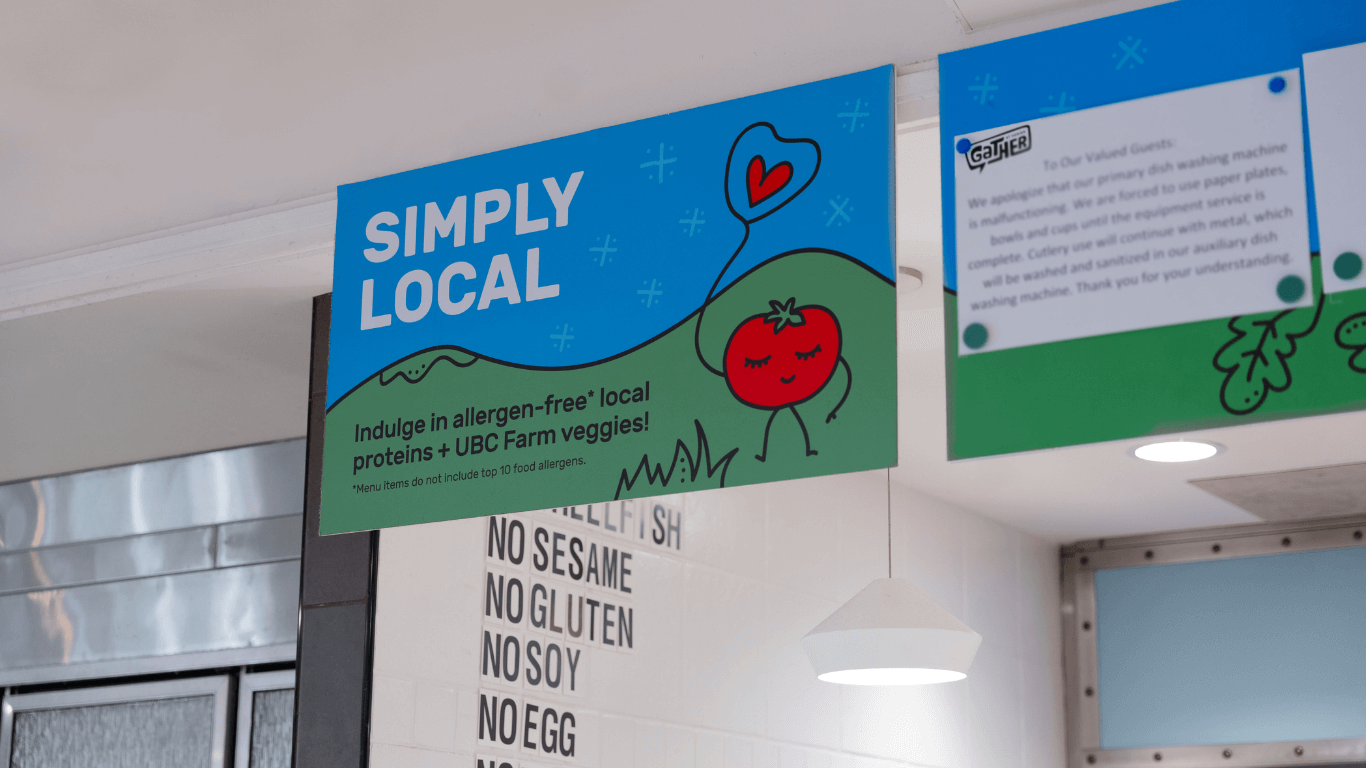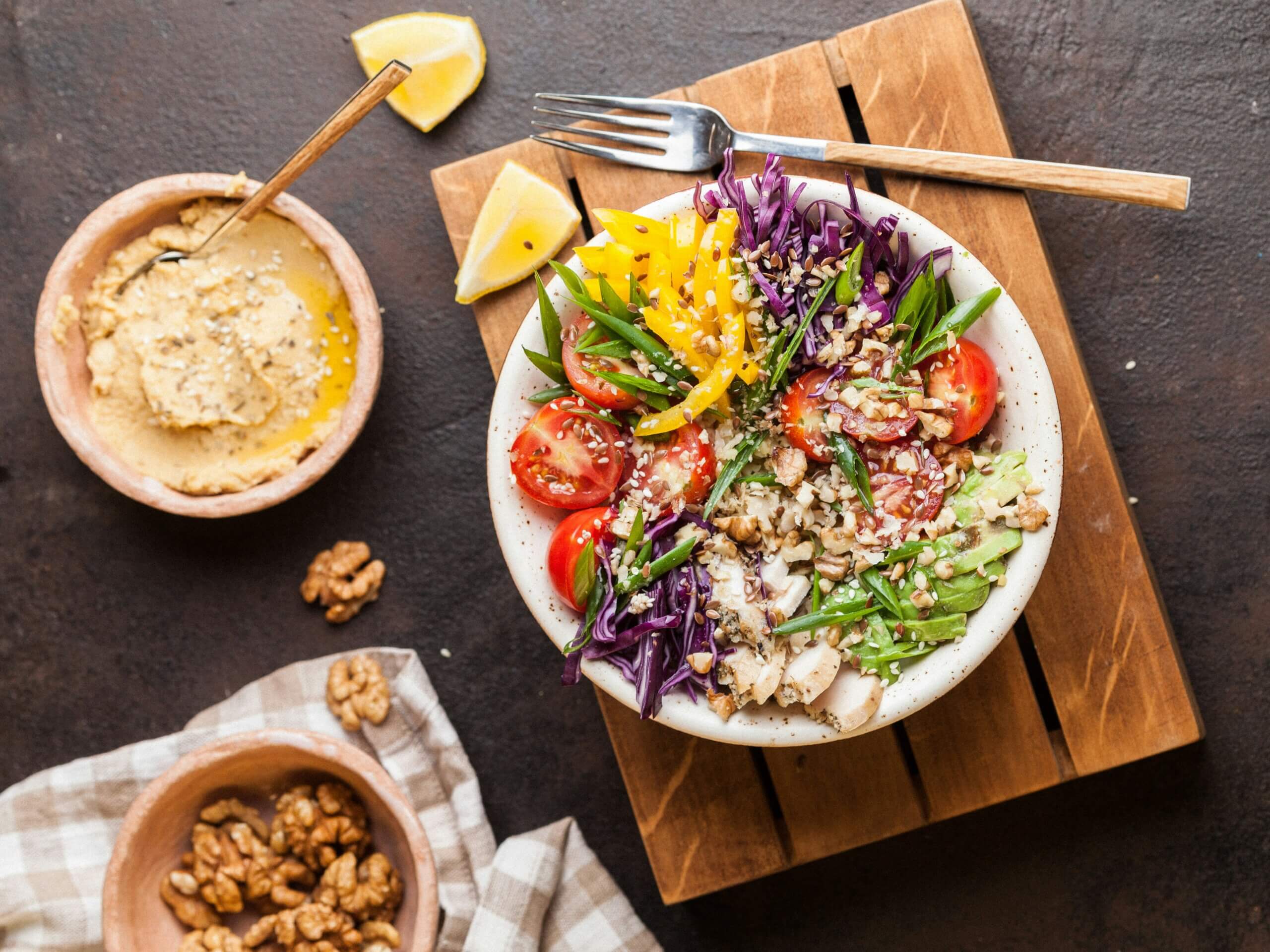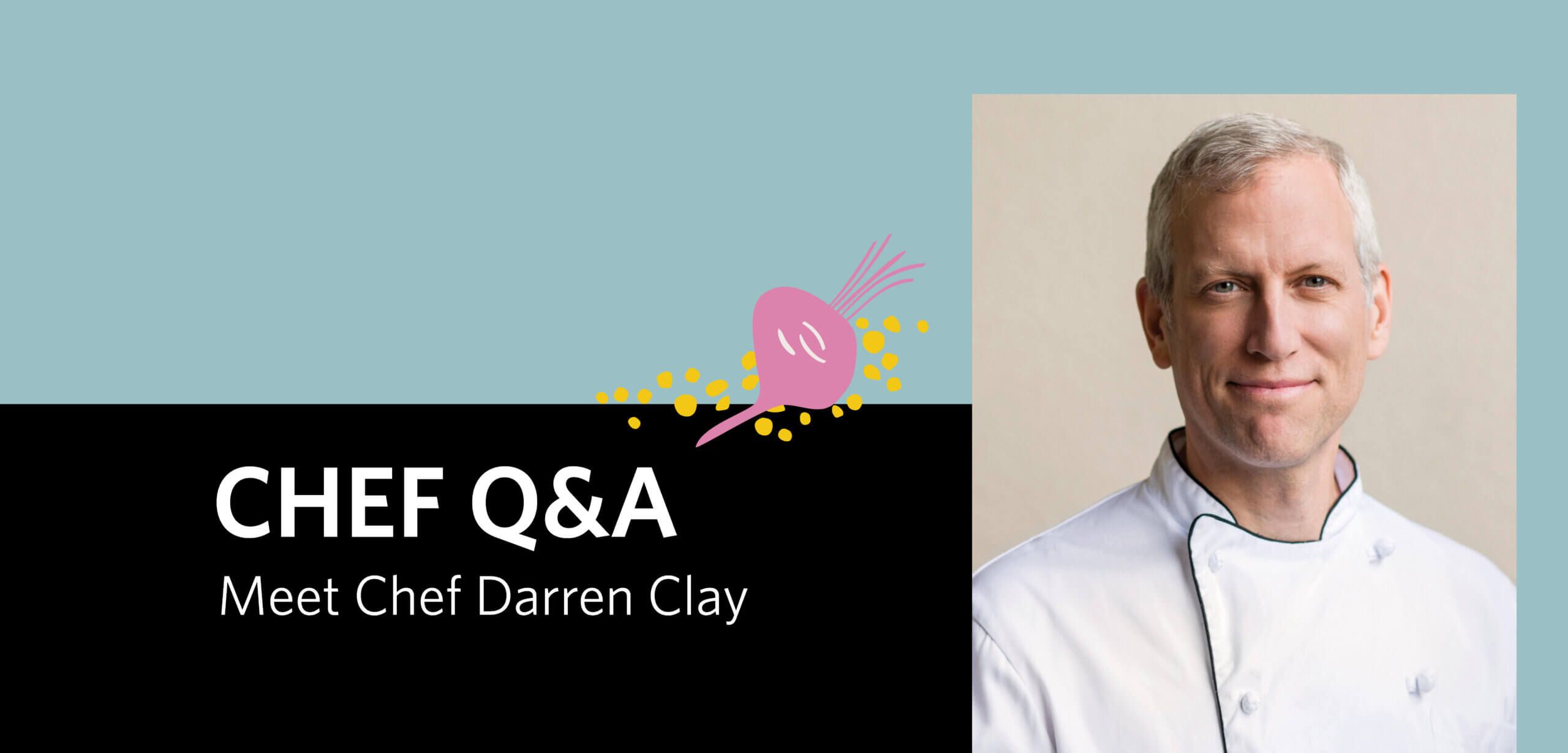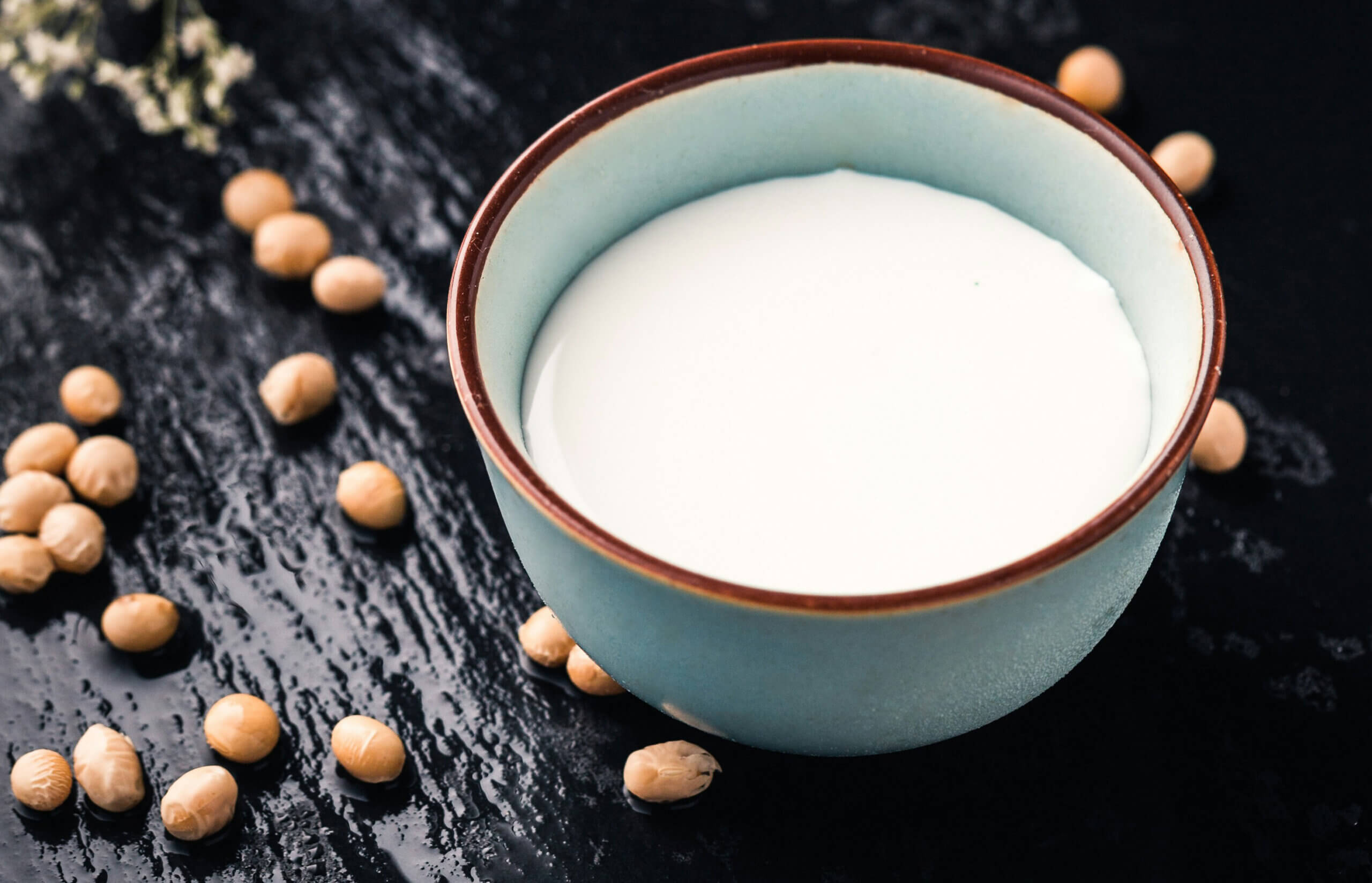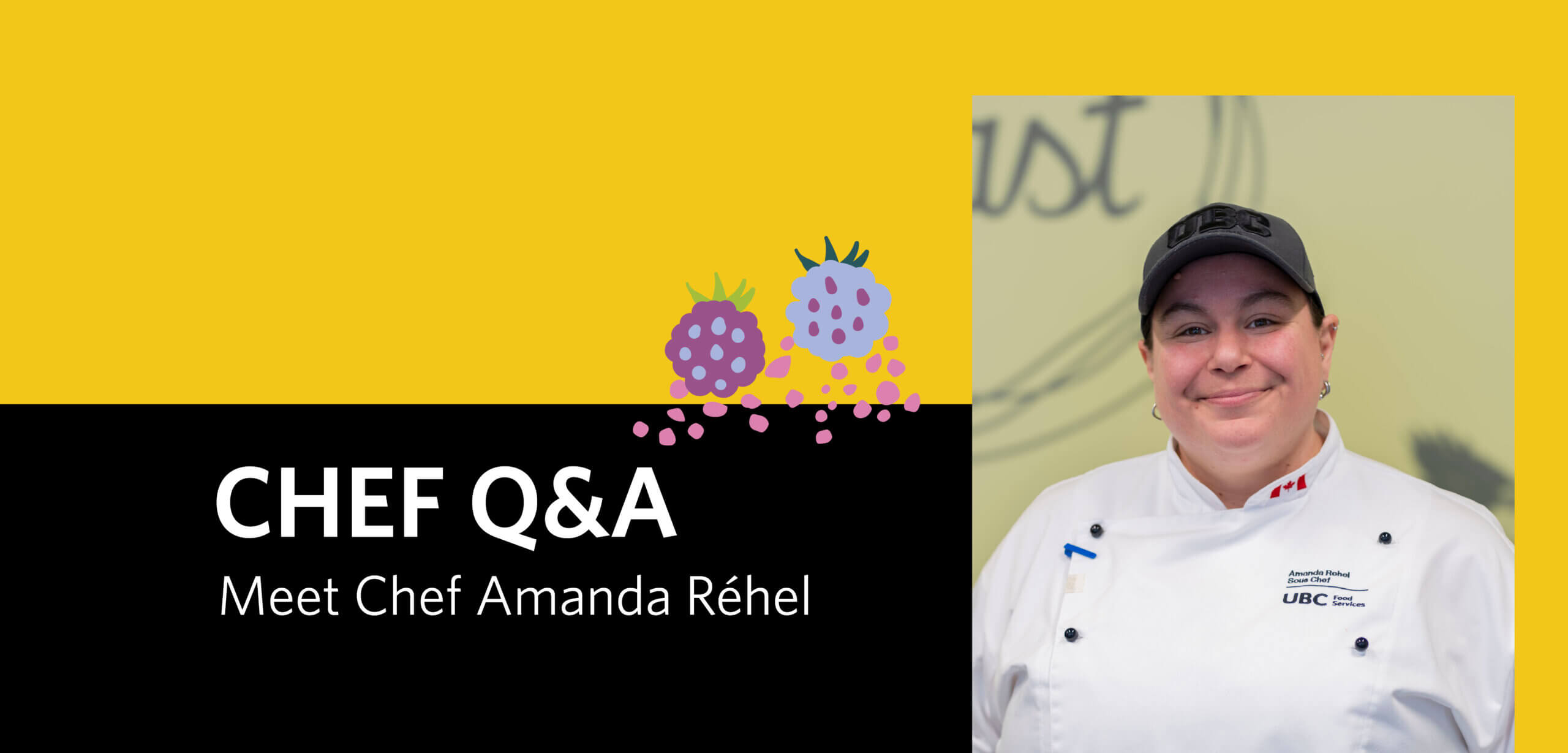Diet culture is the set of beliefs that demonizes certain foods and elevates others.
- Diet culture promotes weight loss and thinness at all costs in the name of health and fitness.
- Diet culture tells us that certain foods are “unhealthy” and that we need to maintain self-control and willpower.
- By allowing diet culture to have power over us, it prevents us from connecting with our bodies and developing a good relationship with food and our bodies.
We need to make peace with food and challenge the food police so that we can remove guilt and shame and have the freedom to eat how we want.

What does it mean to make peace with food?
Making peace with food is giving yourself unconditional permission to eat all foods that you enjoy (especially foods that you have told yourself are “off-limits” or that you need to avoid because they are “unhealthy”).
Note: This does not apply to foods that you simply do not like due to their taste, texture, or personal preference. Nor does it apply to foods that you are allergic or intolerant to, as those foods can be harmful to your health.
Making peace with food applies to foods that we do like, but we’ve become fearful of and try to restrict ourselves from eating.
Why do many of us believe that foods are either “good” or “bad”?
Because diet culture is so prevalent in our daily lives, we are often compelled to label foods as either “good” or “bad”. When we deprive ourselves of eating certain foods, we are reinforcing the idea that those foods are “bad”. Since we often force ourselves to avoid these foods at all costs, it can lead to feelings of intense desire and cravings. When we finally succumb to these “bad” foods, it can leave us feeling guilty or ashamed.
But what if we viewed food as just food, neither good nor bad? Lifting these restrictions and accepting all foods into our life allows us to develop a relationship with food that’s based on self-care.
A specific food or a single meal on any one occasion doesn’t automatically make you healthy or unhealthy. Health is multifaceted and is something that is developed over time. It’s unrealistic and unfair to judge your overall health based on a single food or meal.
But if I allow myself to eat [insert your forbidden food here] anytime I want, what if I cannot stop eating it?
Be sure to check out this article, as it effectively explains this common fear. When you no longer deprive yourself of eating a certain food, over time the food you intensely craved (because you were restricting yourself from eating it) becomes less desirable. Many people may fear being given the freedom to eat whatever they want, whenever they want because they think they won’t be able to stop eating a certain food. It’s important to remember that our bodies prefer variety. Initially, you may be wanting to eat that one food all the time and every single day, but eventually, the desire will fade.
How can I make peace with food?
Changing our perspective of food and viewing food as just ordinary or neutral will take time and a lot of unlearning of internalized diet talk, so be kind to yourself when taking these small steps.
- Question food rules and remind yourself that there is room for all foods. Instead of fixating on foods that you feel like you should take away, try to focus on variety.
- Prioritize enjoyment. Shifting your perspective can lead to decisions that highlight satisfaction rather than deprivation.
- Tune into your hunger cues. This includes giving yourself permission to eat as much as you need to feel satisfied.
- Have self-compassion. Take a moment to reflect when feelings of guilt and shame arise, and remember that it is impossible to eat “perfectly”.



